Warming rivers are losing oxygen faster than the oceans

Climate change is causing rivers across to warm and lose oxygen at a rate faster than the oceans, according to a new study. The study, published in Nature Climate Change shows that warming occurred in 87% – and oxygen loss in 70% – of nearly 800 rivers in the USA and Central Europe between 1981 and 2019.
Urban rivers are warming most rapidly, whilst rivers in agricultural areas are losing oxygen most rapidly, the study states. The latter finding is likely influenced by the algal blooms caused by nutrient pollution in many agricultural landscapes. Often driven by warming water temperatures, algal blooms can deplete water bodies of oxygen when they die and decompose.
Oxygen is crucial in supporting the webs of life that inhabit freshwaters. If dissolved oxygen levels in river water dip too low then species of plants, animals, fish and insects will all struggle to survive. Whilst it has been well documented that oceans and lakes have been losing oxygen due to climate warming, it has been widely thought that – because of their flowing water – rivers were less vulnerable to its impacts.
The study’s findings has significant implications for the health of rivers across Europe and the USA, and is a stark warning of the urgent need for their restoration in order to buffer the harmful effects of climate change. Warming rivers with depleted oxygen levels are vulnerable to fish die-offs and drops in water quality, which can have significant knock-on impacts on local livelihoods through impacted fisheries and tourism.
“This is a wake-up call,” said Prof. Li Li, corresponding author on the paper from Penn State. “We know that a warming climate has led to warming and oxygen loss in oceans, but did not expect this to happen in flowing, shallow rivers. This is the first study to take a comprehensive look at temperature change and deoxygenation rates in rivers — and what we found has significant implications for water quality and the health of aquatic ecosystems worldwide.”
The research team used a deep learning model – a type of artificial intelligence analysis – to reconstruct daily water temperature and dissolved oxygen levels in the 796 studied rivers between 1981 and 2019. They found that on average, rivers were warming by 0.16 deg C per decade in USA rivers, and 0.27 deg C per decade in Central European rivers. Deoxygenation rates were between 1–1.5% of loss per decade – faster than those in oceans, but slower than those in lakes.
“Riverine water temperature and dissolved oxygen levels are essential measures of water quality and ecosystem health,” said Dr. Wei Zhi, lead author of the study, from Penn State. “Yet they are poorly understood because they are hard to quantify due to the lack of consistent data across different rivers and the myriad of variables involved that can change oxygen levels in each watershed.”
The authors highlight that as river water temperatures increase, their ability to hold gases is reduced. They suggest that ongoing climate warming could thus spark even more significant drops in dissolved oxygen in rivers in the future. Their models suggest that future deoxygenation rates across all rivers will be between 1.6 and 2.5 times higher than historical rates. They suggest that within the next 70 years, many river systems – particularly this in the American South – are likely to experience periods of acutely low levels of oxygen which cause significant deaths in fish populations.
“If you think about it, life in water relies on temperature and dissolved oxygen, the lifeline for all aquatic organisms,” said Prof. Li. “We know that coastal areas, like the Gulf of Mexico, often have dead zones in the summer. What this study shows us is this could happen in rivers as well, because some rivers will no longer sustain life like before.”
“The loss of oxygen in rivers is unexpected because we usually assume rivers do not lose oxygen as much as in big water bodies like lakes and oceans, but we found that rivers are rapidly losing oxygen,” continued Prof. Li. “That was really alarming, because if the oxygen levels get low enough, it becomes dangerous for aquatic life.”
The study is a clear signal for the need to better manage our freshwaters to help mitigate the harmful effects of climate warming. On a large scale, it reinforces the urgent need for deep cuts in greenhouse gas emissions in order to minimise climate warming over the coming decades. On a smaller scale it emphasises the important role of restoration projects which expand riparian vegetation and woodland along river banks to help keep their water flows cool.
///
This article is supported by the MERLIN project.






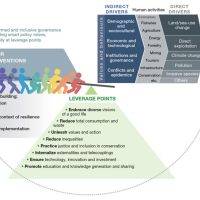

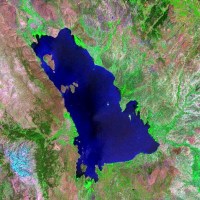


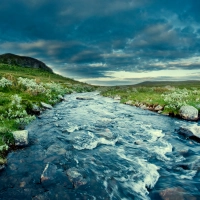
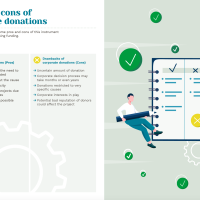
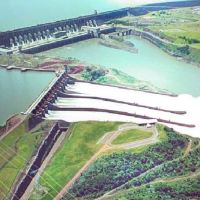
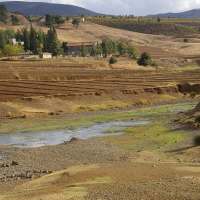
Comments are closed.